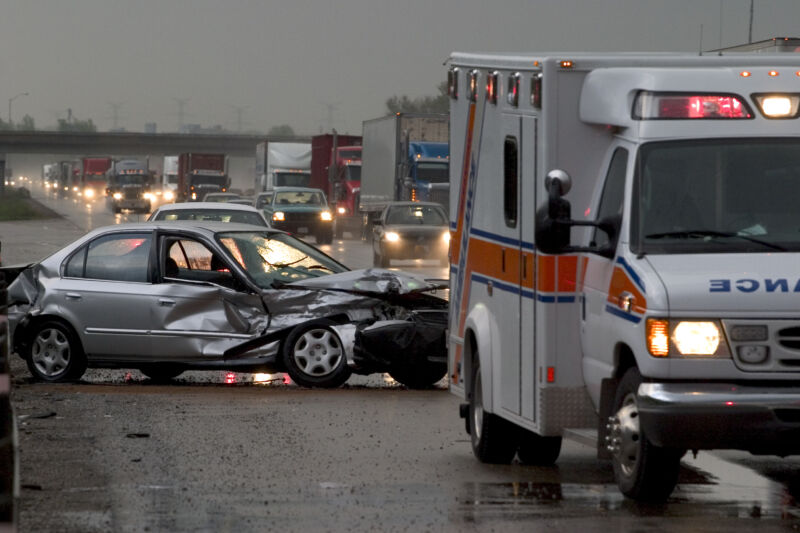
American roads became significantly deadlier in 2020, according to the National Highway Traffic Safety Administration. Although figures for the entire year won’t be available for some time, the NHTSA has calculated the death toll on our roads for the first nine months of 2020, and the news is grim. Between the beginning of January and the end of September last year, 28,190 people were killed in crashes, which is an increase of 4.6 percent—or 1,249 more deaths—over the same nine months in 2019. (The full statistics for 2020 won’t be available until later this year.)
What makes this increase even worse news is the fact that 2019 actually saw a decrease in road deaths, which declined by two percent compared to 2018. In fact, when the NHTSA released the 2019 statistics in late December of last year, it included a preliminary analysis of the first half of 2020 and found that during those six months, the traffic volume decreased by 16 percent, and road deaths declined by 3.3 percent over the same time period.
(As the decrease in vehicle miles traveled was greater than the decrease in deaths, the fatality rate per 100 million vehicle miles traveled actually increased from 1.06 to 1.25 when comparing 1H 2019 and 1H 2020.)
Things got much, much worse during the months between July and September, with deaths rising by a massive 13.3 percent. The primary culprit? Emptier roads, encouraging drivers to speed. Throughout 2020, multiple states have reported big increases in speeding tickets, and particularly those issued to drivers going 25mph (40km/h) or more above the speed limit. To make matters worse, it seems that more of the drivers getting into crashes are found with drugs or alcohol in their system, and fewer have been wearing seatbelts.
Around the country, hospitals are buckling under the strain of the COVID-19 pandemic, with completely full intensive care units and no spare capacity to deal with people who drove way too fast and then crashed. Just because the roads are empty, that does not make them your private race tracks—slow down and be sensible, because if you do get into a crash, you might find the hospital can’t actually save your life. https://arstechnica.com/?p=1735073

